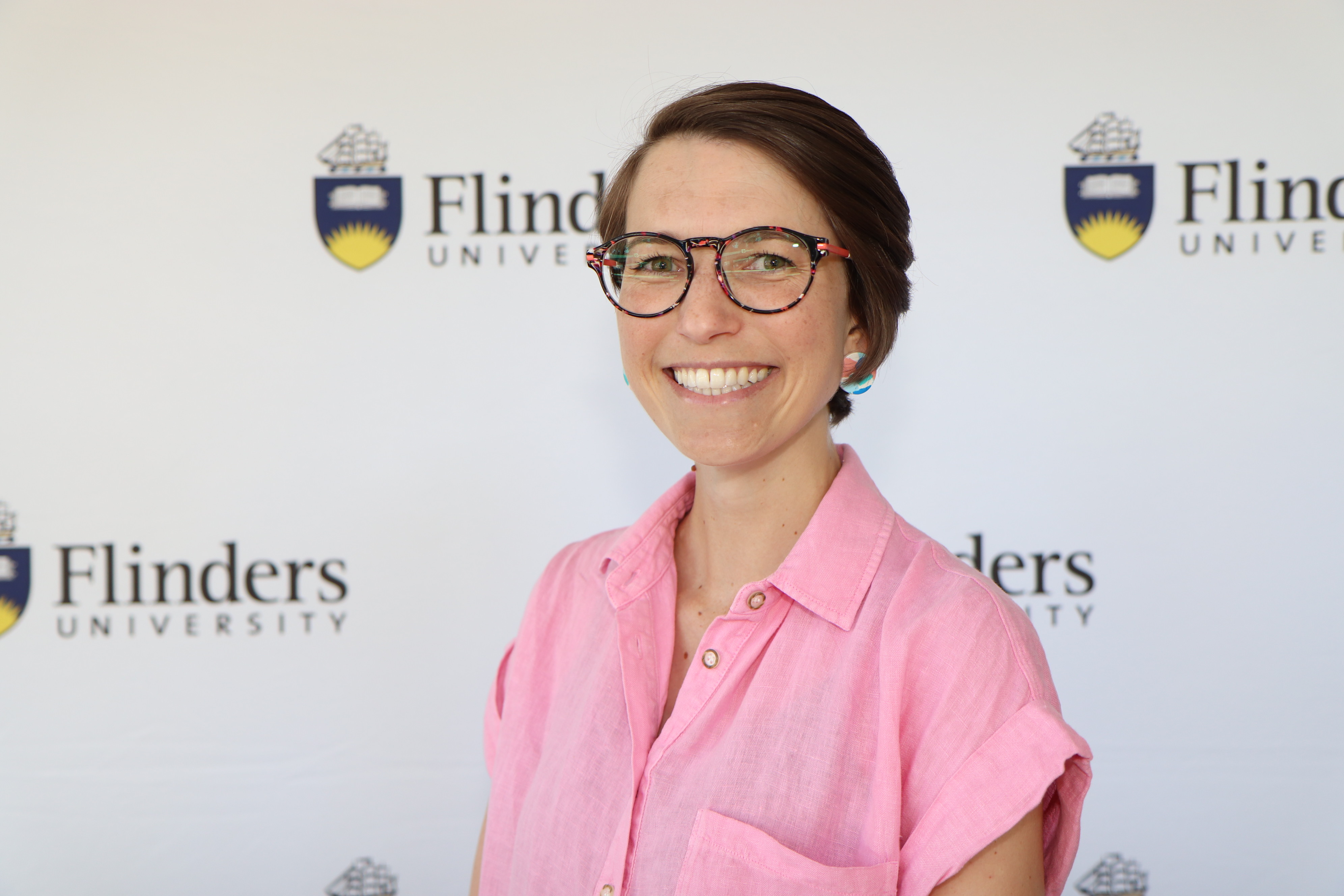
Ongoing research led by Flinders Caring Futures Institute and the NHMRC Clinical Trials Centre is bringing together researchers from around the world to transform how we think about childhood obesity and what can be done to prevent it.
An Accredited Practising Dietitian, Dr Brittany Johnson’s research focuses on improving children and families’ health behaviours, including enhancing diet quality by reducing unhealthy food intake. She says the aim of the TOPCHILD (Transforming Obesity Prevention for CHILDren) Collaboration is to make it easier for parents to keep their children healthy in the first 2000 days of life.
“We know that young children are falling short of meeting diet and activity recommendations, and one in five Australian children experience overweight or obesity by five years of age,” Dr Johnson explains. “Early childhood is a period when many behaviours that can contribute to the development of obesity, such as poor eating habits and physical inactivity, are established. These can then track into later childhood and contribute to risk of chronic conditions in adulthood.”

To help establish healthy habits and give children the best possible start to life, interventions are constantly being developed by researchers around the world. Dr Johnson describes an intervention as programs or a combination of strategies designed to produce behaviour changes or improve health in babies.
“These can involve home nurse visits or mothers’ group participation but can also mean clinicians providing advice to women before their baby arrives. Other interventions use technologies, like regular SMS messages, to provide new families with guidance.
“By changing behaviours, the interventions are designed to prevent excess, rapid weight gain in those first years. They will often look at different behaviours such as breast feeding and formula feeding practices, early eating habits, and how children are regulating their own appetite. They also promote active play and limiting screen time.”
Sleeping patterns are increasingly being considered for preventing obesity, as more becomes known about the impact of poor sleep on childhood health. But there is no simple solution to this growing problem.
“Interventions are often complex and don’t always reach the families who need them most,” Dr Johnson says. “We also don’t know which interventions need to be delivered to different population groups, nor how widespread they are.”
The TOPCHILD Collaboration is bringing together planned, ongoing and completed trials from more than 15 countries. Pulling apart the different forms of information and strategies given to families, researchers from Flinders University are assessing which interventions work the most effectively for specific populations or types of participants.
“We have found around two thirds of the interventions are designed to be rolled out to the entire population, while the other third are targeted at one or more specific priority population groups,” Dr Johnson says.
The Flinders-led research team is examining materials such as manuals, fact sheets, newsletters, videos, webpages and interview scripts used by facilitators to deliver the individual interventions.
“We are applying a systematic, internationally-recognised coding framework to look at three key features – the behaviours the intervention targets, the mode and style of how the intervention is delivered and the behaviour change strategies used,” Dr Johnson says.
The research team aims to identify specific components within each intervention that are particularly effective in preventing and combating childhood obesity, to inform future practice. Dr Johnson says it makes sense to compare as many interventions as possible to get the best possible data analysis.
“By pulling together all the trials with individual, row by row participant data, we will have a large sample size. Right now, the TOPCHILD Collaboration involves 50 trials representing over 40,000 infant/parent pairs. Whereas childhood obesity was once something limited to high income countries, it is now seen in many low- and middle-income countries too. The project really does have international significance.”
Collaborators from the NHMRC Clinical Trials Centre at The University of Sydney are concurrently conducting an individual participant data meta-analysis, considered the gold standard for combining trial data. Future research is likely to assess the feasibility of rolling out specific interventions based on how much they cost to deliver and working with policy makers and practitioners to explore how we can best support translating the project findings to various practice settings.
The Flinders TOPCHILD Collaboration team includes Dr Johnson, Professor Rebecca Golley and Samantha Pryde.
TOPCHILD forms part of The Centre of Research Excellence in Translating Early Prevention of Obesity in Childhood (EPOCH-Translate CRE). More information is available here.

